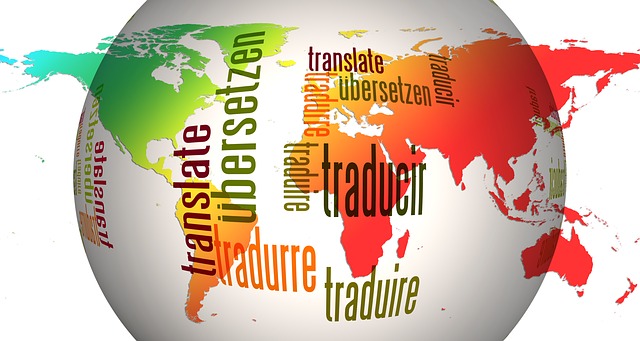
This spring, I accomplished something I’ve been putting off for a long time: revising my current novel. This wasn’t just a rewrite or an edit; this go-through required a major re-structuring of the plotline. Some of you are aware that that I changed the premise of my plot direction and had to come up with new villains along with their schemes.
Fortunately, the flow still worked out logistically, so it was a simple matter of creating new characters with their motivations, connections, movements, and backstories. Did I say simple?
I finally committed to “git ‘er done” during Camp NaNoWriMo in July last year. (I work better with deadline pressure.) With that done, I was ready to move on to the next stage: more polishing and taking it through a critique group. This was my first time working with an online critique group, so that took some getting used to.
In search of . . .
As I reworked the draft, I did some additional research. When writing my novels, I research a topic and a setting before I start, looking for potential crimes, villains, and existing dilemmas for my main character to face. As the “plot thickens,” as they say, more things crop up that I need to know about. Gone are the days when I had to rely on stacks of books, experts in the field, and reference librarians.
Now I have Google. And all that entails.
While taking a break from the somewhat tedious process, I looked through some old issues of Writers Digest. One of their regular columns features an interview of a new author who has “broken in.” In two of the profiles I read, the writer stated that they wished they had visited the book’s setting before doing the majority of the writing.
I totally agree. While you can learn much from YouTube videos and Google Earth, nothing replaces feeling the mist on your face and hearing the cry of the gulls as they swoop down and steal your lunch.

Word meaning morphs
I’m not a person who’s in the habit of referring to the plethora of Urban dictionaries that appear online. Give me the Merriam-Webster any day. But sometimes it can prove useful to see what the modern generation means by certain words.
I stumbled onto the importance of this diligence while attempting to find out how to punctuate a particular phrase from the Karate Kid. During the process, I stumbled across a jaw-dropping definition. What had been a perfectly harmless phrase in the ‘80s had taken on a completely different, vulgar usage.
Did I leave it out of the draft? Haven’t decided yet. If I do keep it, I’ll be sure to clarify the context from the film. (Notice I didn’t include it here. It didn’t want to wait while you went and looked it up.)

Compound words
For those of you non-English majors, it may surprise you to know that paired words go through a predictable evolution. They begin as two closely related words, morph to a hyphenated form, and finally join together in holy juxtaposition as a compound word. As a writer, it’s imperative to know which stage of development your words fall. With all the auto-correct software out there it’s not so much of an issue these days.
However, if you switch to a different software in the creation of your book, you may find differences of opinion. A word that MS Word considers a compound may be hyphenated in Scrivener or Google Docs. To keep consistent, with this and other matters, I always create a Style Sheet for my current WIP (Work in Progress).
Since most of the action takes place in a marine environment, I had to use a lot of nautical terms. I was amazed at how many compound words I found. Here’s a partial list:
afterdeck, beachgrass, bellhop, belowdecks, boathouse, breezeway, Chris-Craft, freshwater, gangplank, handheld, landlubber, lifeboat, loudspeaker, megayacht, offloaded, onboard, rowboat, shipowner, shipwrecked, shoreside, skydiving, sundeck, topside, wetsuit
Lost in the San Juans
I tend to get absorbed in the story while I write. Sometimes I’ve even shocked to find myself at home when I thought I was traveling in some exotic locale. At one point last month I was writing a scene from a destination wedding and I wasn’t sure if I had it on the right day. I looked up at my wall calendar and was shocked to find the wedding was not noted there. How could I not put the wedding on my calendar? Then I remembered sheepishly that I hadn’t been invited to this particular wedding. I referred to the novel timeline instead.
Down the rabbit hole. It’s an occupational hazard

Dialect
I generally have a character or two who speaks with a foreign accent. I can usually manage a French or a German accent. I know what those sound like. And I certainly know what a Spanish accent sounds like. In this book, however, Chinese characters appear in my work for the first time. Turning once again to online videos I began listening to clips of Jackie Chan interviews. By the time I had listened to a few of his interviews, I was hankering to re-watch some of his movies.

One of the great perks of being a novelist. I can watch Shanghai Knights or Rush Hour and call it research. So, if you’ll excuse me, I need to go to the library and check out some DVDs. Hmm. I wonder if I could count a streaming service as a business expense . . .







Leave a Reply